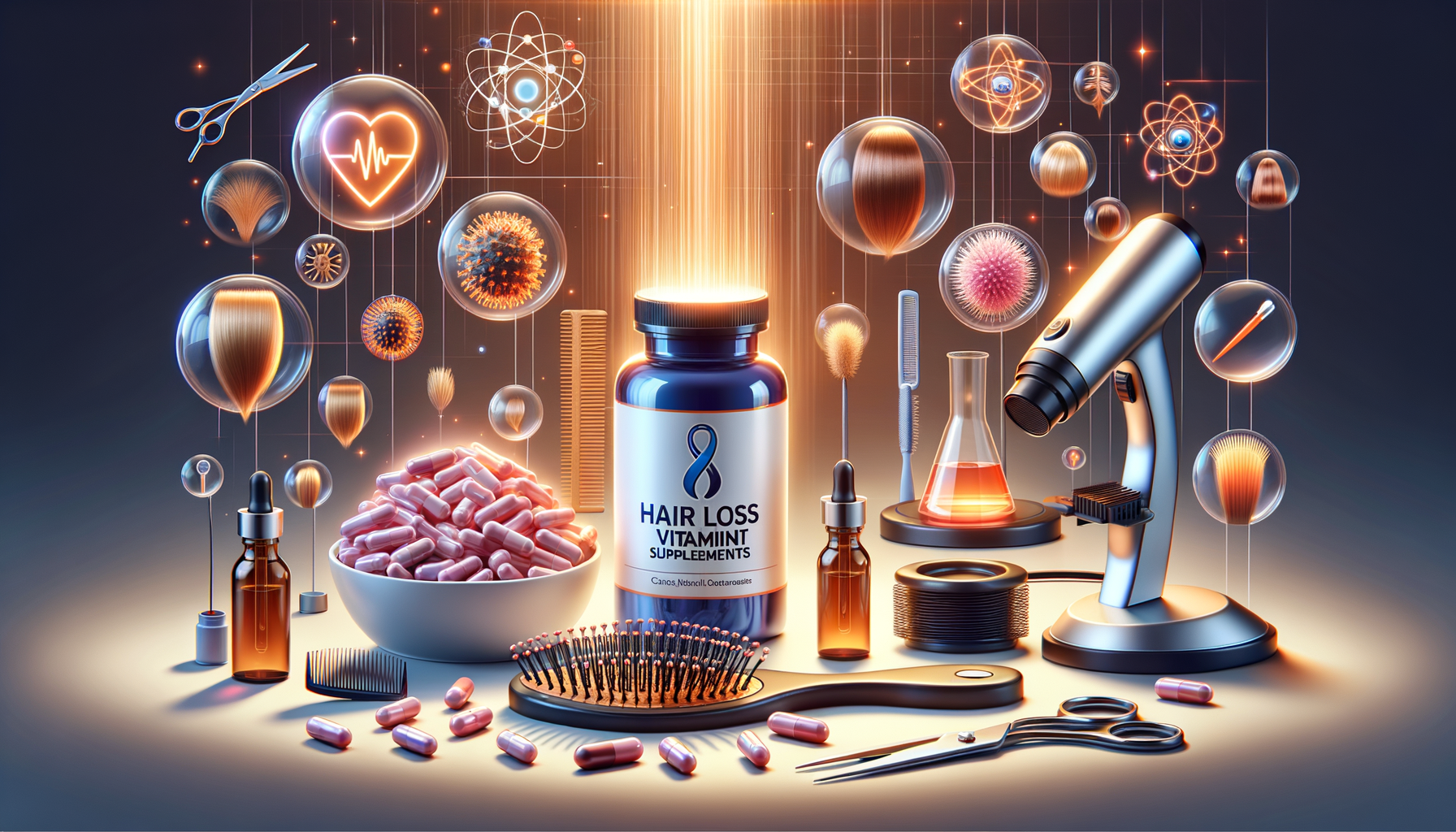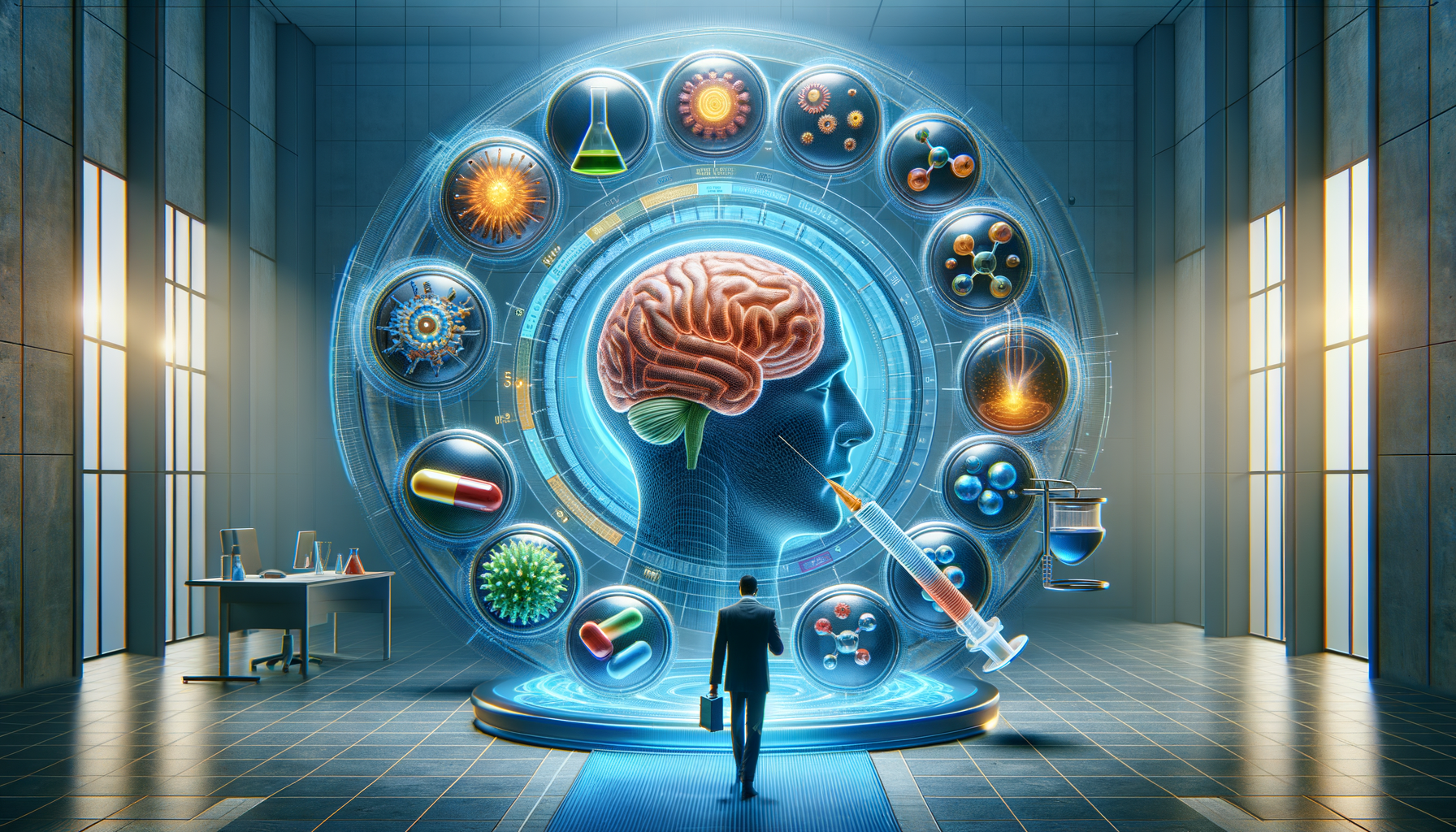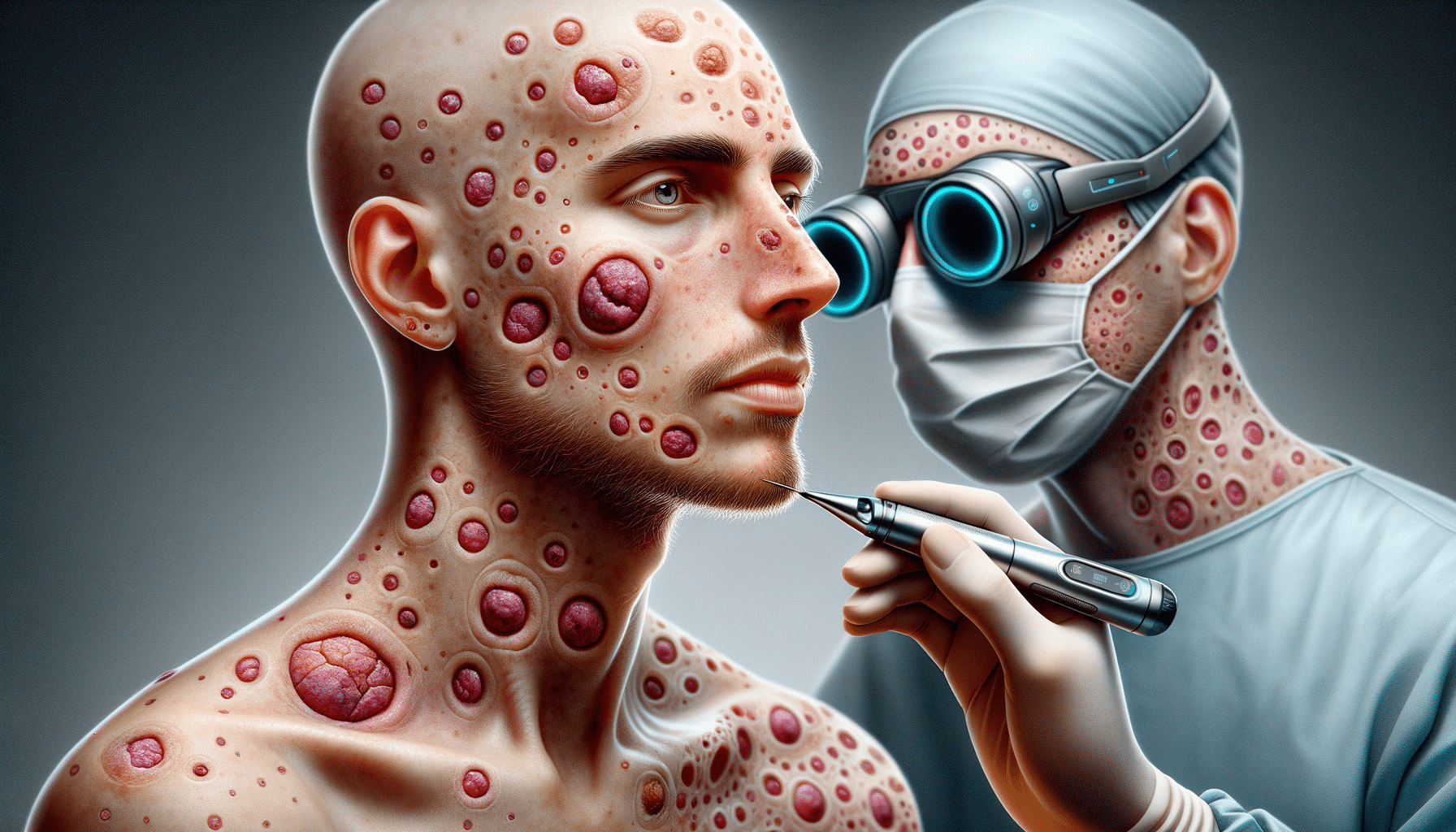Introduction to Hair Loss and Its Impact
Hair loss can be a distressing experience for many individuals, affecting not just appearance but also self-esteem and confidence. While it’s a common issue, understanding the underlying causes and exploring effective solutions can make a significant difference. This article delves into the scientific approaches to hair care, focusing on vitamin supplements, treatment options, and hair care methods that can help manage and potentially reverse hair loss.
Understanding Hair Loss Vitamin Supplements
Vitamin supplements play a pivotal role in maintaining healthy hair. Deficiencies in certain vitamins and minerals can lead to hair thinning and loss. Key nutrients that support hair health include:
- Biotin (Vitamin B7): Known for strengthening hair and nails, biotin deficiency can lead to hair thinning.
- Vitamin D: Helps in creating new hair follicles. A deficiency is often linked to alopecia.
- Iron: Essential for carrying oxygen to cells, including those that stimulate hair growth.
- Zinc: Plays a crucial role in hair tissue growth and repair.
Incorporating these vitamins through diet or supplements can assist in promoting hair health. However, it’s essential to consult with a healthcare provider before starting any supplement regimen to ensure it aligns with your individual health needs.
Exploring Hair Loss Treatment Options
Several treatment options are available for those experiencing hair loss, ranging from topical solutions to medical procedures. Some of the most recognized treatments include:
- Topical Minoxidil: A widely used over-the-counter treatment that stimulates hair growth and slows balding.
- Finasteride: A prescription medication that reduces hair loss by blocking the hormone responsible for shrinking hair follicles.
- Low-Level Laser Therapy (LLLT): A non-invasive treatment that uses laser light to stimulate hair growth.
- Hair Transplant Surgery: A more invasive option where hair follicles are moved from a donor site to a balding area.
Each treatment has its benefits and potential side effects, making it crucial to consult with a dermatologist or hair specialist to determine the most suitable approach based on individual conditions and preferences.
Effective Hair Care Methods
In addition to supplements and treatments, adopting proper hair care methods can significantly influence hair health. Some effective practices include:
- Gentle Hair Washing: Use a mild shampoo and avoid washing hair too frequently to prevent stripping natural oils.
- Conditioning: Regularly use a conditioner to maintain moisture and reduce breakage.
- Minimizing Heat Styling: Excessive use of heat tools can weaken hair strands, leading to damage and loss.
- Scalp Massage: Stimulates blood circulation, promoting hair growth.
Integrating these methods into your daily routine can help maintain healthy hair and potentially reduce the rate of hair loss.
Conclusion: Embrace a Holistic Approach to Hair Health
Hair loss can be a challenging journey, but with the right knowledge and tools, it’s possible to manage and even reverse its effects. By understanding the role of vitamins, exploring various treatment options, and adopting effective hair care methods, individuals can take proactive steps towards healthier, fuller hair. Remember, it’s always beneficial to seek professional advice to tailor these approaches to your unique needs, ensuring the best possible outcomes.




Leave a Reply